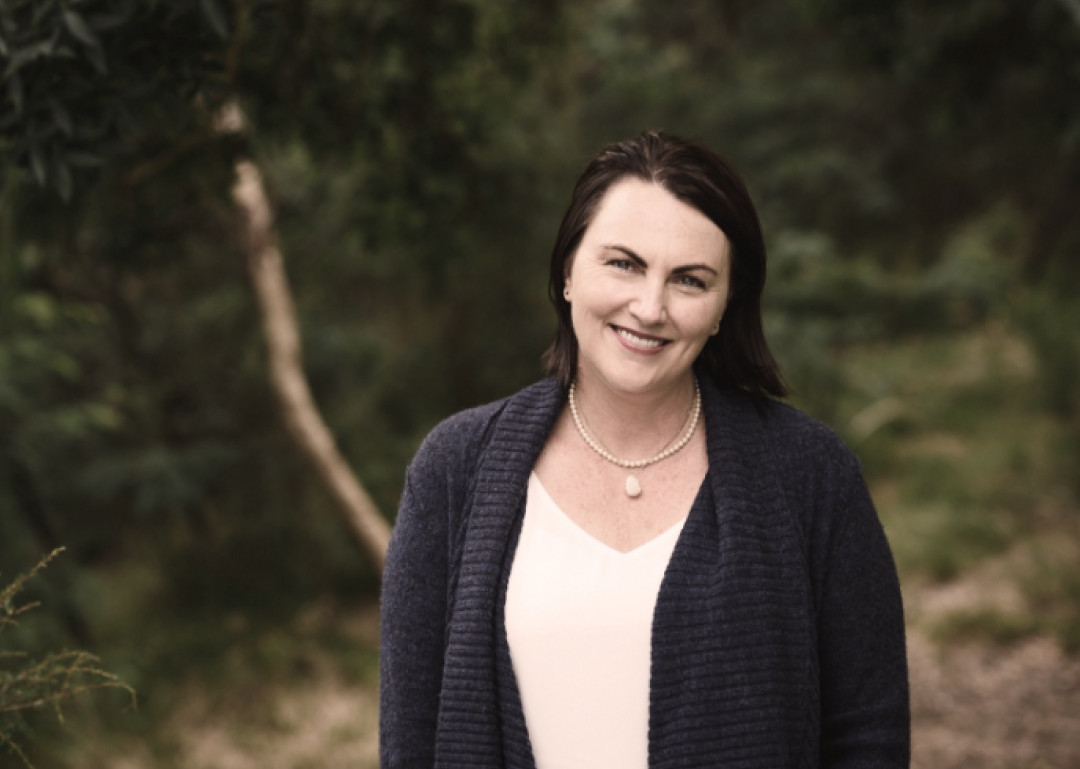Separation Discernment Counselling
Discernment counselling can be helpful if one or both partners are uncertain or ambivalent about the relationship. The focus is on helping couples develop clarity to make a decision and feel confident in knowing they are making that decision well.
You may have noticed yourself thinking:
- I have been treated so badly
- We are just too different
- I no longer feel like myself
- I am just not ‘in love’ with them
- We met so young and are different now
- I don’t even like them
- I just want someone who understands me
- I have been betrayed
- I want a soul mate
- I have stayed for the children
- I want a fresh start with someone new
- I don’t know if I can trust them again
Discernment Counselling can help you:
- Develop greater clarity and confidence in decision making about commitment to the relationship and opportunity for healing and repair.
- Develop a more complex understanding of yourself, your partner and the dynamics or dance of your relationship. If you choose to move on you can still take this with you.
- Step back and see the whole picture, you’ll then have more information to explore the possibility of learning new dance steps together or finding a new partner.

Discernment is the ability to obtain sharp perceptions or to judge well.
Discernment counselling has a structured framework. Couples are guided, individually and together, to explore 3 paths:
- Stay in the relationship as it has been
- Move towards ending the relationship
- End discussions about separation/divorce and any other competing temptations, commit to a reconciliation period focused on Stage 1 of Emotionally Focused Couples Therapy, then make a more informed decision about the longer-term future of the relationship.


Make an enquiry
If you wish to schedule an appointment, are curious to know more about courses, coaching, supervision or retreats, then please get in touch. We will get back to you as soon as possible.
Recent posts
Why is mindfulness important?
What do you notice about how you feel right now? Our thoughts, feelings and physical sensations…
Three marriage saving tips for life’s big transitions
When we look back across the landscape of our life - that began in our childhood craddles and leads…
Why do you need emotions?
“Threats to our standing in the eyes of others are remarkably potent biologically, almost as…
